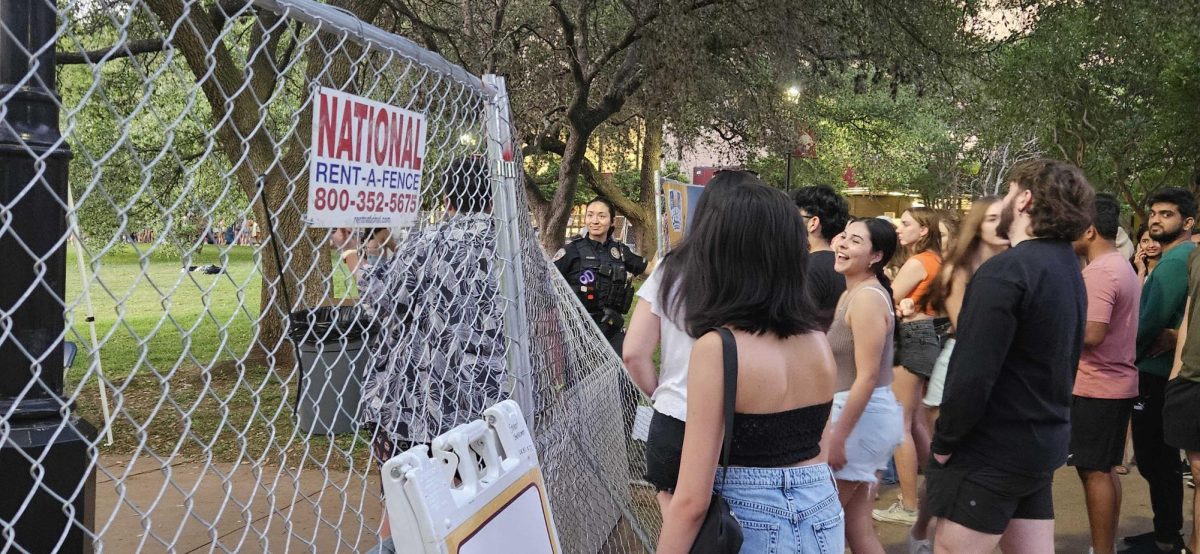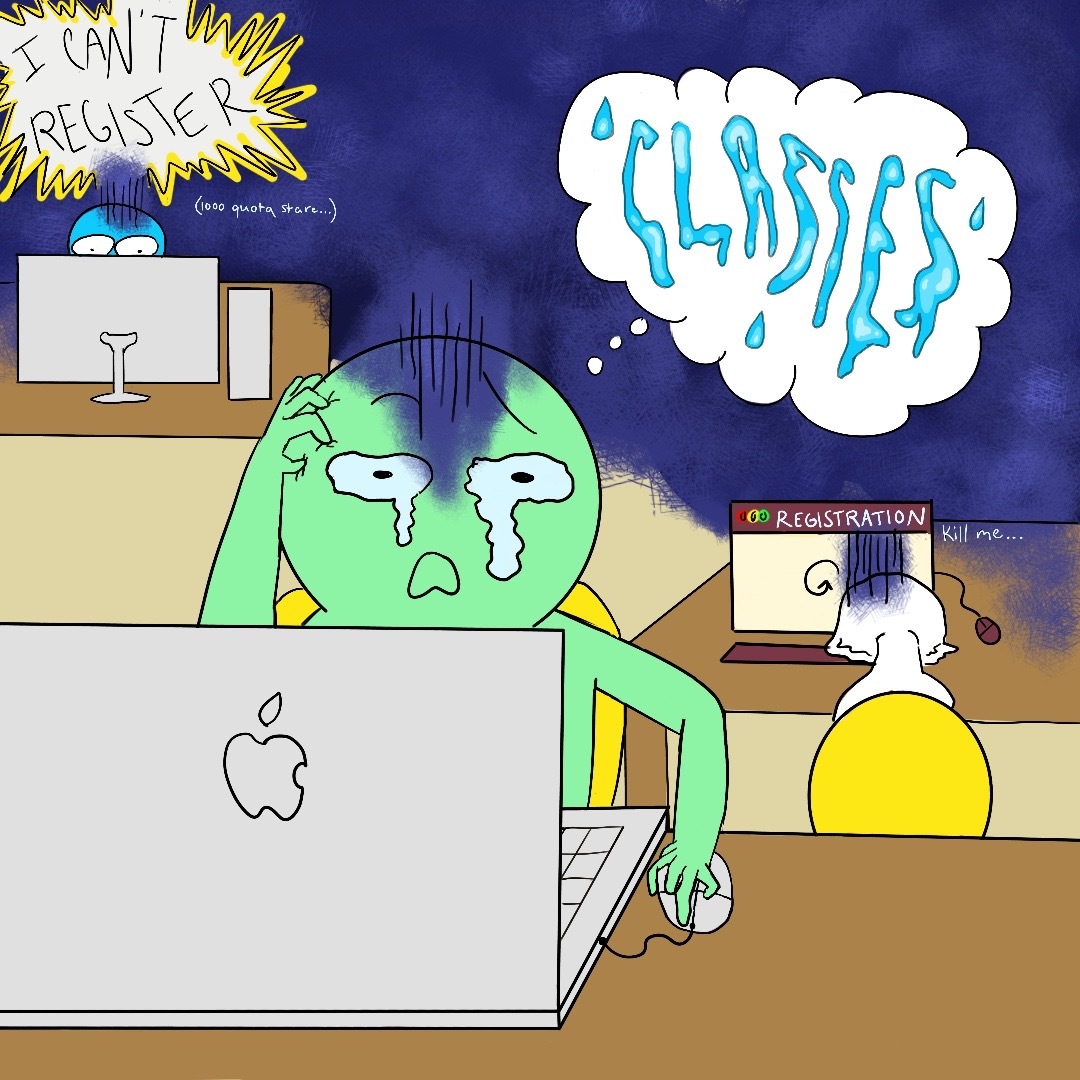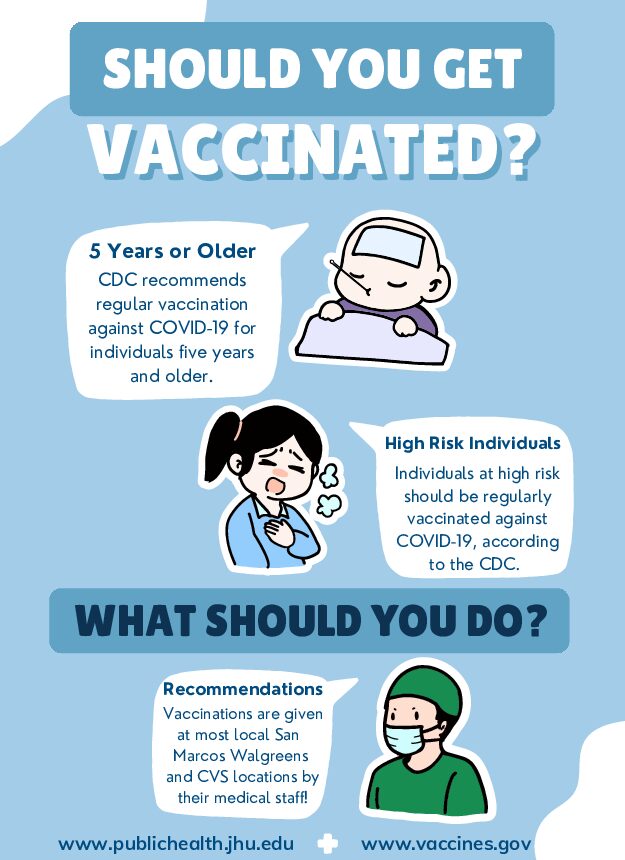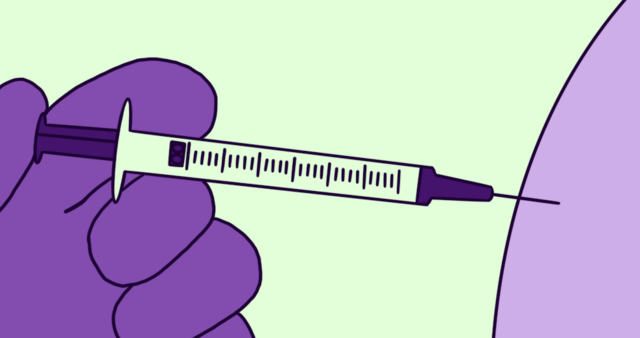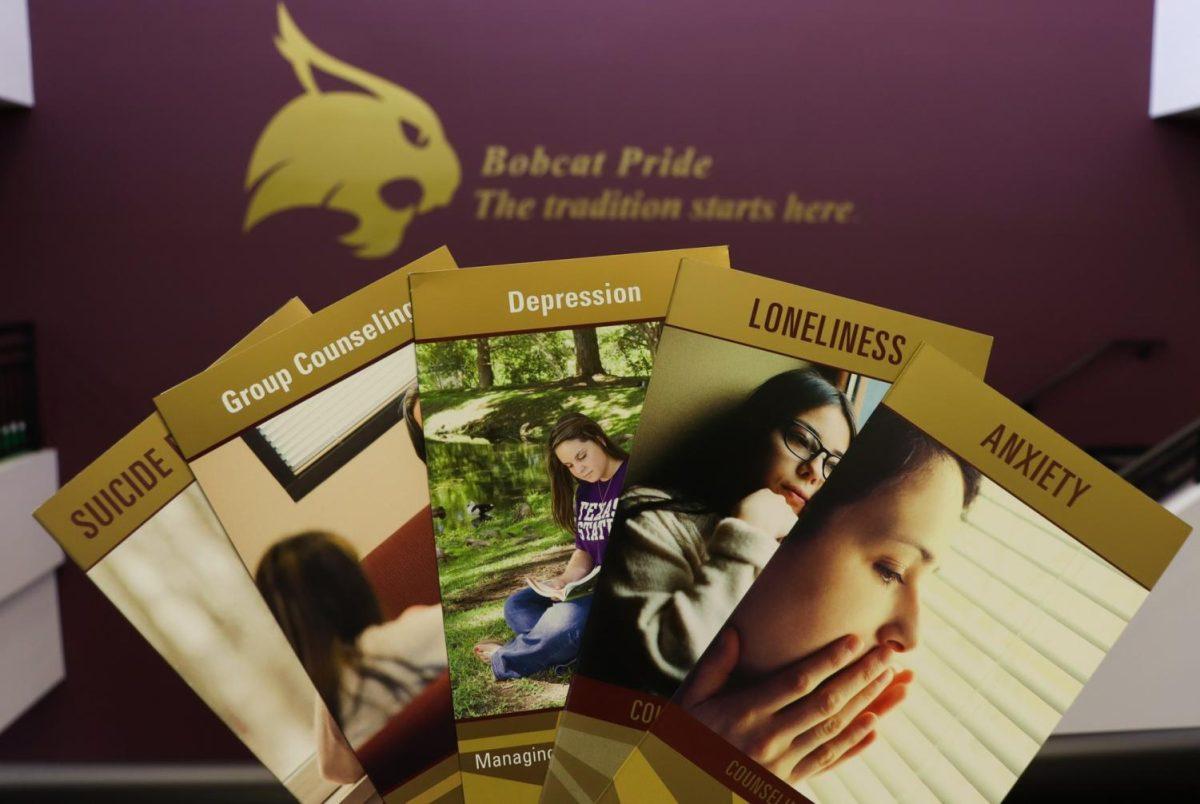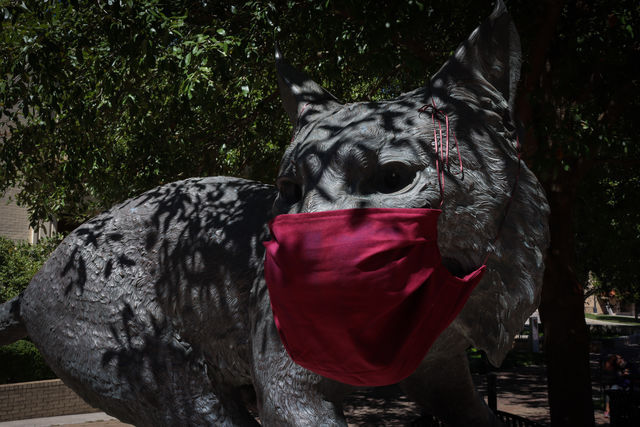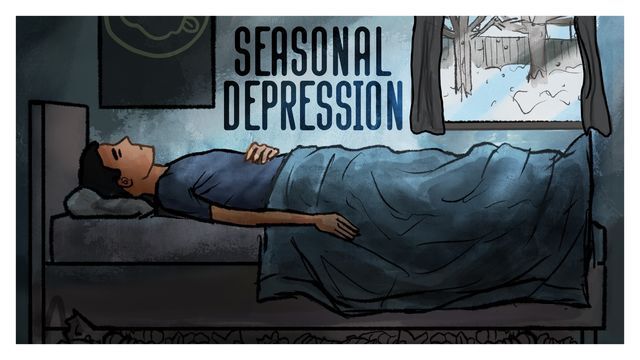Before COVID-19, students attending class sick was not uncommon if they wished to avoid point deductions and stay on top of their coursework. Now amid one of the biggest health crises in world history, it is apparent the normalization of doing so was always ridiculous.
Before the pandemic, Texas State expected students to attend every class and encouraged faculty members to construct a mandatory attendance policy within their courses. Some professors monitored attendance through in-class TopHat quizzes, physical sign-in sheets or outdoor scanning machines.
Other professors made attendance a certain percentage of a student’s final grade. The points lost from the missed lectures were sometimes the determining factor between letter grades—and sometimes passing or failing.
Those types of attendance policies were unaccommodating to students. Not only did a student’s in-class success wrongfully depend on health factors out of their control, but the policies allowed for general illness to spread and infection rates to rise among everyone else.
Additionally, excusing a student’s absence only if they presented a doctor’s note was unreasonable and disproportionately affected students without access to necessary health care. In a 2017 poll by AgileHealthInsurance, roughly 72% of college students had problems finding affordable health insurance, leaving students at the mercy of over-the-counter medication and self-diagnosis.
Students could not provide a doctor’s note if they could not afford to see a doctor—a fact administration and faculty members failed to realize. Monitoring student attendance over their health and well-being in the name of a curriculum did not place students first—it placed them last.
Think about it: It took a global pandemic for people to realize these things. It took millions of cases and hundreds of thousands of deaths worldwide for people to take sickness seriously. The lack of awareness and overall disregard for health—that would likely still be present if COVID-19 had not arrived—is absolutely baffling.
Obviously, going forward, students must stop the never-ending ritual of enduring classes to maintain a GPA. Not only are there no real benefits for students when they attend class sick, but a number should never come at the expense of one’s health.
No longer should students, such as those at Penn State, think it is acceptable to attend a class sick as long as they are careful. Students do not just need to be careful; they need to stay home.
COVID-19 has proven that Zoom is a useful resource for classes. With this new teaching tool, professors can use it when a student is unable to attend class but still wishes to listen to the lecture. The pandemic shows the opportunity to end this normalization is available and always was, but it is up to professors to choose whether or not they take advantage of it in the future—after it passes.
When we one day return to a new normal, both students and faculty must stop enabling the normalization of going to class sick. Students need to speak on how going to class sick complicates their lives and faculty and administrators need to respond appropriately.
To handle COVID-19 and minimize its spread during the summer II and the fall semester, Texas State’s Roadmap to Return advises any student that feels sick to stay home. This needs to continue past the pandemic.
It did not happen until COVID-19 disrupted everyone’s day-to-day lives, but Texas State finally acknowledged the importance of student health. Let’s just make sure it isn’t temporary.
– Angela Guerrero is a journalism and mass communications sophomore

April 26, 2024

April 25, 2024

April 25, 2024

April 25, 2024

April 25, 2024
Opinion: COVID-19 shows attendance policies were toxic all along
July 1, 2020
Donate to The University Star
Your donation will support the student journalists of Texas State University. Your contribution will allow us to purchase equipment and cover our annual website hosting costs.
More to Discover
SECTIONS
SERVICES
CONTACT INFORMATION
universitystar.com
601 University Drive
San Marcos, TX 78666
Phone: 512-245-3487
Email: [email protected]
601 University Drive
San Marcos, TX 78666
Phone: 512-245-3487
Email: [email protected]
© Copyright 2024 The University Star 601 University Drive, San Marcos, TX | Privacy Policy
© Copyright 2024 The University Star 601 University Drive, San Marcos, TX | Privacy Policy




